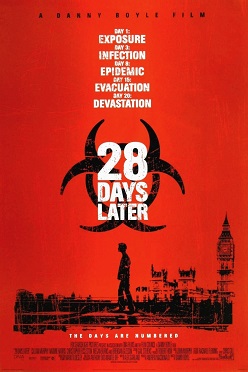 |
| Source: Wikipedia |
According to popular interpretations of the Mayan calendar, the world was going to come to an end sometime last year. Ultimately the week the world was supposed to end came and went without fanfare. Knowing, 2012, World War Z, 28 Days Later, Day After Tomorrow, and television series such as Falling Skies, and The Walking Dead draw huge audiences. Even James Bond has jumped on the bandwagon with the franchise's latest film installment Skyfall striking a rather apocalyptic note with Adele singing "This is the end... hold your breath and count to ten." Books prophesying the Apocalypse (often promising tips for survivors) fly off the shelves. This preoccupation with an end or near-end to the world is clearly a popular fantasy for several reasons.This "scare" was not our first, however. There was a sizable group of people who believed the world would come to an end in the year 2000. Before this, going back to ancient times, other have speculated or prophesied the end of the world.
 |
| Source: Wikipedia |
Perhaps the popularity of "end of the world" theories stems most from the seemingly infinite variety of ways that the world could end or change radically. For zombie fans, there is the "Zombie Apocalypse," for compulsive hand washers (such as myself) there are pandemics, for environmentalists mass pollution or ecological disasters, for physicists there are planetary collisions. For anti-war activists, there is the threat of a nuclear apocalypse. No matter our political, religious, or philosophical standpoint, we can all envision some sort of apocalypse taking place. Much like cable television, the diversification of apocalypse theories brings them to more people overall. However, the finality of an apocalypse also makes it the perfect frightening fantasy (or rhetorical tool). It is the ultimate answer to the question "What's the worst that could happen?" Unfortunately, this post, like all good things, must end. Hopefully, my musings on our impending doom have brought a little cheer to your Monday morning.
Yours til the end...
No comments:
Post a Comment